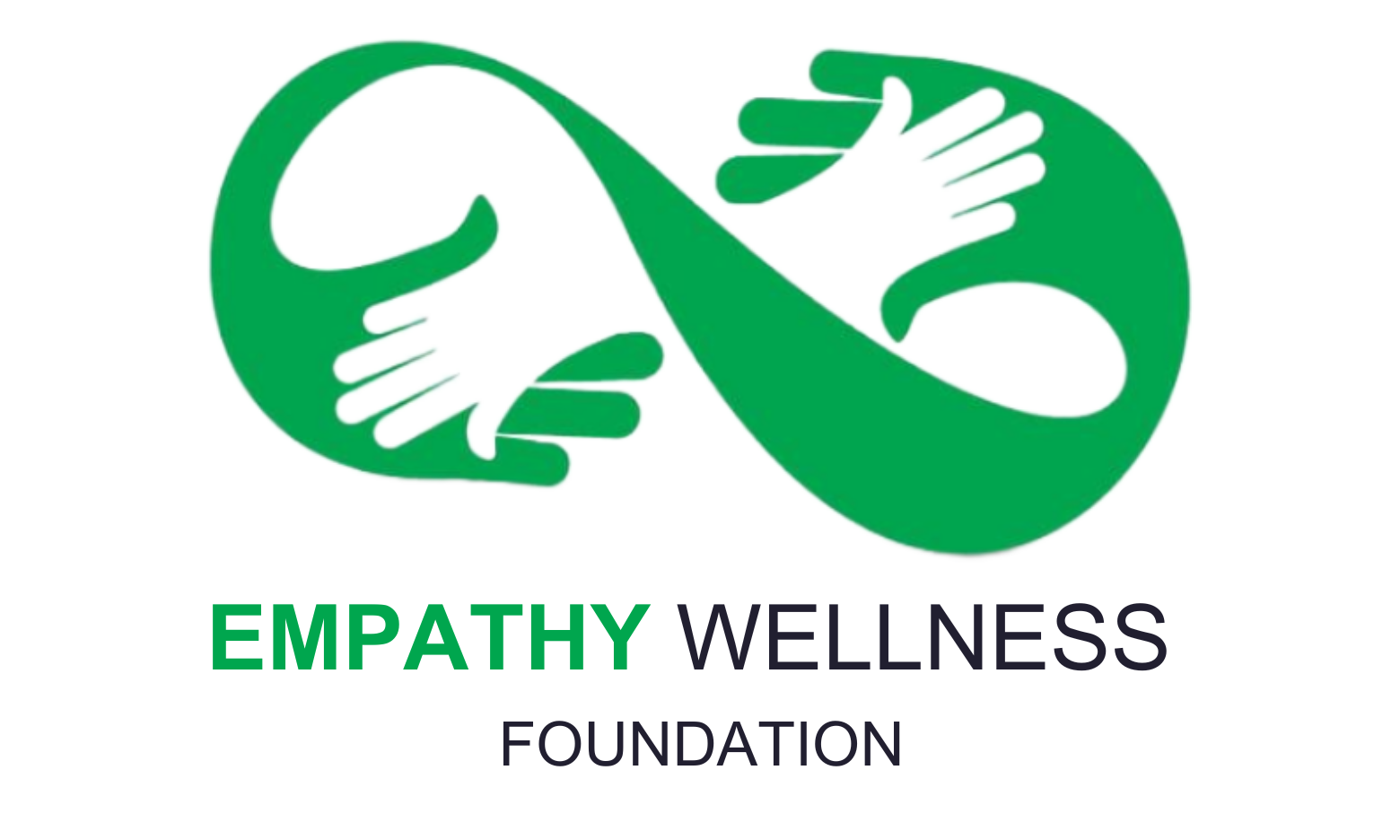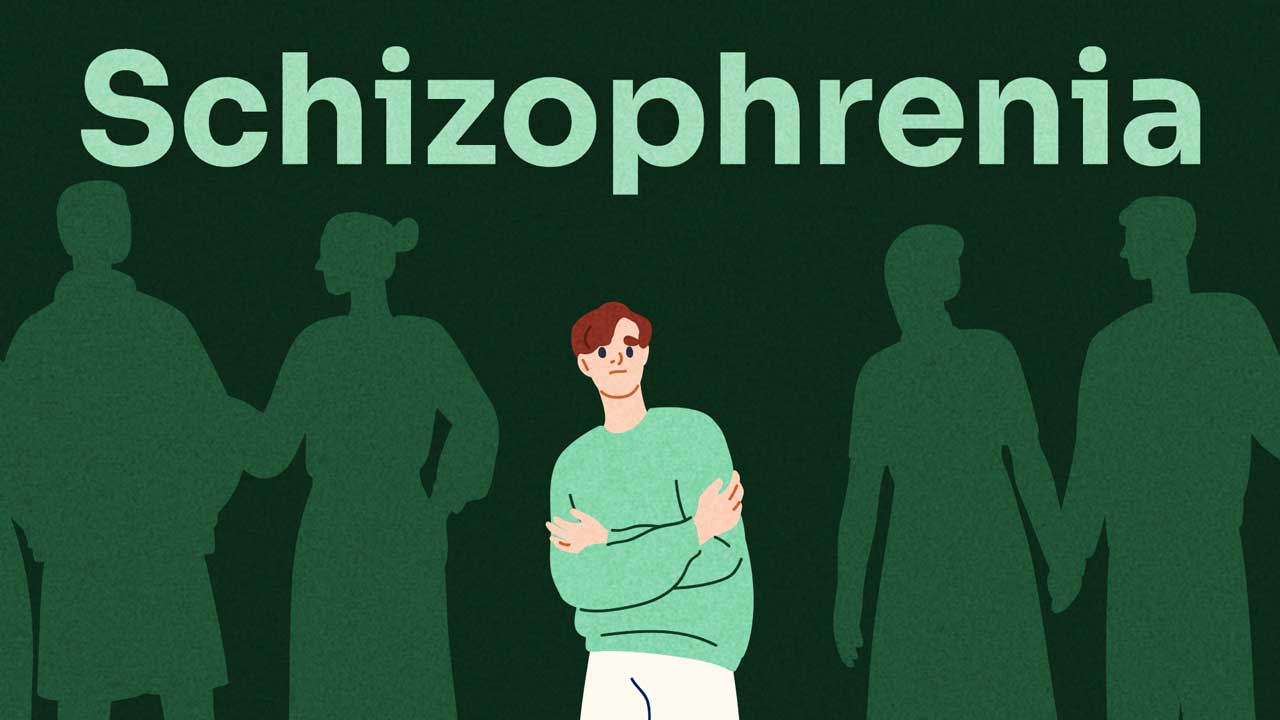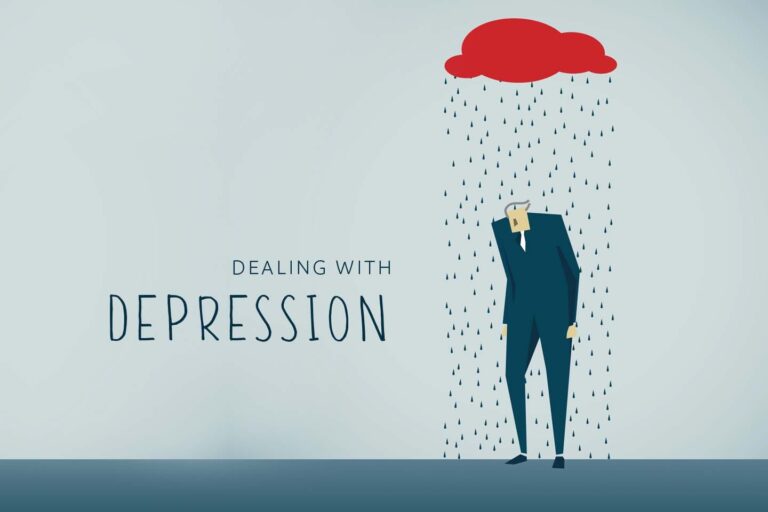Schizophrenia: More Than Just a Diagnosis
Let’s talk about something most people shy away from—schizophrenia. Yeah, that word. The one that gets thrown around in movies or whispered about like it’s some kind of dark secret. But the truth? It’s not some horror movie plot. It’s a real condition, affecting real people, and it’s time we talk about it openly.
What Even Is Schizophrenia?
Imagine your brain is a super complex radio, constantly picking up signals and processing the world. Now imagine that radio starts getting interference. Voices that aren’t there. Thoughts that feel disconnected. A reality that doesn’t quite line up with everyone else’s.
That’s kind of what schizophrenia can feel like for someone living with it.
It’s a mental health condition that affects how people think, feel, and perceive reality. It’s not a “split personality,” and it definitely doesn’t mean someone is dangerous or beyond help. That’s just Hollywood drama.
Symptoms Aren’t Always What You Think
When people think of schizophrenia, they usually jump straight to hallucinations or delusions—and while those can happen, the reality is a lot more layered.
Some common symptoms include:
- Hearing voices or seeing things others don’t
- Believing things that aren’t real (like being followed or watched)
- Difficulty thinking clearly or speaking in a way that makes sense
- Pulling away from friends or family
- Losing interest in everyday life
But here’s the kicker: these symptoms don’t define the person. They’re just part of what they’re dealing with.
Who Gets It?
Anyone. Schizophrenia doesn’t discriminate. It typically shows up in the late teens to early 30s, and it can hit people from all walks of life. Genetics, brain chemistry, and life stressors can all play a role—but there’s no single cause.
And no—it’s not because someone was “weak” or “couldn’t handle life.”
Living with Schizophrenia
Here’s the thing: people can and do live full, meaningful lives with schizophrenia. With the right treatment (usually a combo of meds, therapy, and support), many manage their symptoms and build careers, relationships, and dreams.
Recovery isn’t always linear, and it’s definitely not easy—but it’s possible.
I’ve read stories of artists, musicians, engineers, and writers who live with schizophrenia and channel their experiences into something powerful. It’s not all darkness—it’s often a mix of pain, creativity, strength, and resilience.
The Real Problem? The Stigma.
Honestly, the stigma might be worse than the illness itself.
Because of ignorance and fear, people with schizophrenia are often isolated or judged. That needs to change. Mental illness is just that—an illness, not a character flaw.
We don’t shame people for having diabetes or asthma—why do we do it with mental health?
If You’re Struggling (or Know Someone Who Is)
Please know this: you are not alone. There’s help. There’s hope. There’s a future.
Reaching out for support is not a sign of weakness. It’s one of the bravest things you can do.
Whether it’s talking to a trusted friend, seeing a therapist, or just reading stories from others who’ve been there—every step counts.








